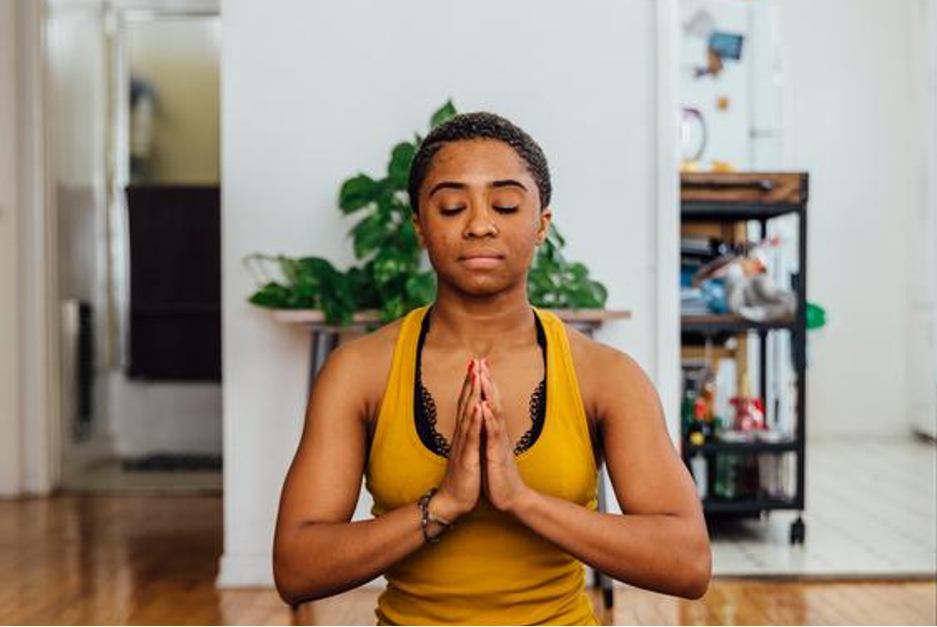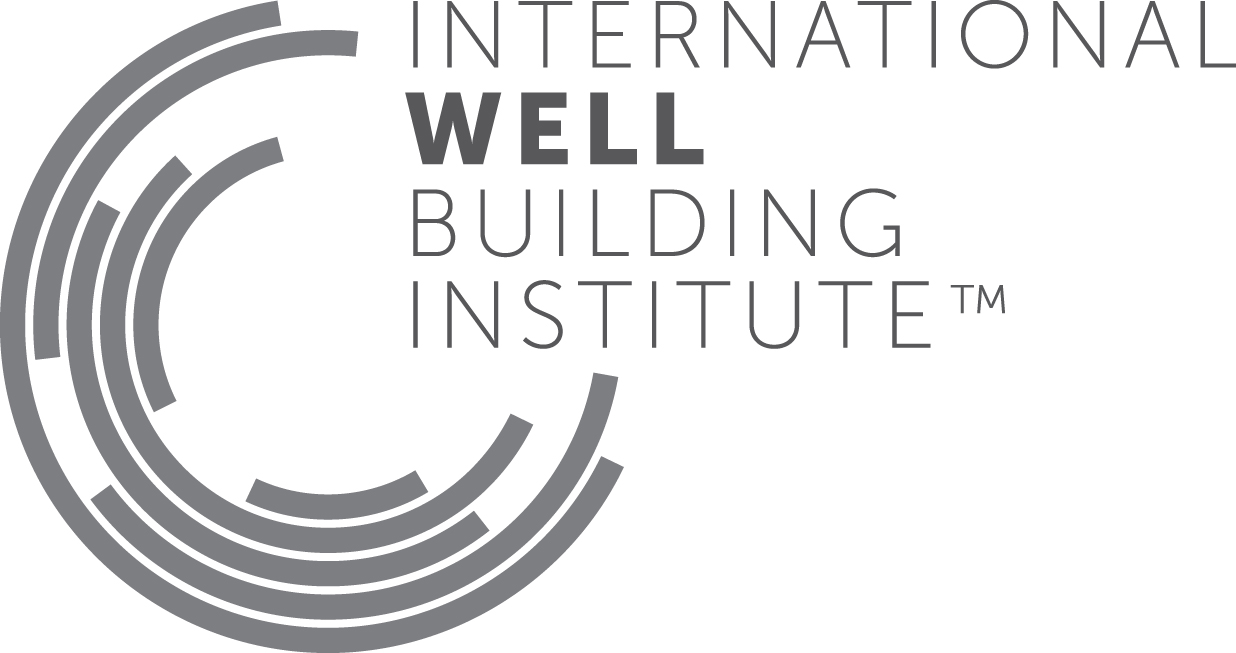Mental Health: Practical Strategies for Cultivating Mental Resilience
By Emily Winer Suresky

COVID-19 has changed how the world lives and works. While many people – like frontline healthcare workers – have continued to serve in public-facing roles, others have been able to explore new work-from-to home options that may well become permanent. Still others are planning, or are already making, a staged return to the workplace.
Right now, the future of our work lives remains unclear. It’s natural to find this all quite difficult. As humans, we are wired to crave stability and pattern, as well as to be social and stay connected to one another. Although we desire a return to normalcy, the current realities of COVID-19 require us to continue sailing through uncharted waters.
In the face of unprecedented change and prolonged uncertainty, it’s normal to experience impacts to your mental well-being that are new or unfamiliar. Consider, too, that even if you feel okay right now, you might eventually develop an unexpected physical or emotional response, perhaps even after this period of intense and unrelieved stress has lifted.
There is no one right way to feel or respond, and it is important to tune into what you may need to support your mental health. We asked Rex Miller, futurist and author of ‘Return to Work: A Leader’s Guide to Avoiding the Mental Health Crisis’ for his tips on how to conserve and improve our mental well-being for both right now and the road ahead:
- Make sleep your number one priority. This is Rex’s number-one tip. Stress and anxiety are more likely to leave you sleep deprived, which, in turn, may leave you stressed and anxious. During times of high stress it's important to be even more diligent about healthy sleep habits: reduce your caffeine intake, turn off screens, have a dark bedroom (and make sure it's cool) and stick with a regular bedtime routine, even on the weekends.
- Reclaim your work/life balance. If you’re working from home, plan a reasonable schedule that includes breaks so you are not facing wall-to-wall Zoom calls (I try to keep my Zoom meetings to 45 minutes with a clear 15-minute break — not checking emails). If you need to travel into work on public transit, go off-peak where possible, wear a mask and wash your hands. Feeling a greater sense of control can help boost your resilience.
- Move more. Prioritize exercise by building it into your daily schedule. Physical activity, especially outside in the fresh air, releases endorphins that can improve mood, boost energy and support cardiovascular fitness — all things that are of the utmost importance right now. It’s one of the wisest investments you can make for both body and mind. Generally speaking, constant movement throughout the day is better than a hard workout at the end of the day.
- Prioritize comfort and calm. Whether you’re working on-site or at home, try to create a calm, separate workspace near windows for both natural light and fresh air. Short meditative practices at regular intervals may help diffuse tension. Well-designed, ergonomic furniture is key for reducing physical and mental stresses and strains.
- Switch off from news and social media platforms. While we all need to be sufficiently informed, it's important not to be so overloaded with news that it escalates anxiety, especially before going to bed. Check into a handful of authoritative resources each day but mute channels that disrupt your sense of wellbeing.
IWBI’s WELL Mind concept supports better mental health through initiatives designed to positively impact people’s short- and long-term cognitive and emotional well-being.
Emily Winer Suresky leads the Mind concept of the WELL Building Standard. Drawing on her background in public health and psychology, Emily focuses supporting organizations in creating environments where each individual, and the company as a whole, can thrive.

